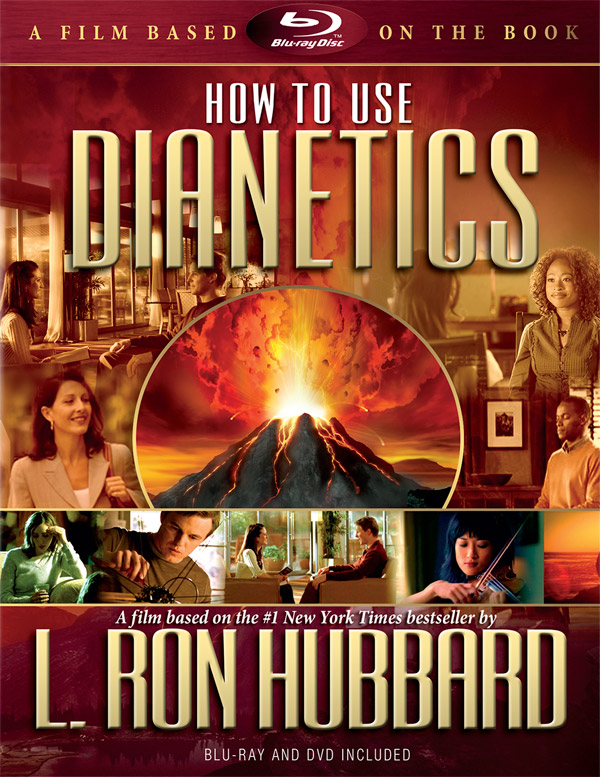Dianetics Fundamentals Explained
Dianetics Fundamentals Explained
Blog Article
How Dianetics can Save You Time, Stress, and Money.
Table of ContentsDianetics - The FactsOur Dianetics StatementsDianetics for DummiesThe 10-Minute Rule for Dianetics
I couldn't ever not intend to get anything that comes to mind for you- if it was or else, I wouldn't be resting below with you, doing this. I not just could never have a problem, or not want to listen to something that comes to mind for you, yet I'm entirely eager to recognize every idea, every thought, every photo or feeling that arises or materializes for you- do not ever before assume otherwise, and if somehow you do, please just let me recognize! Often, you may have an idea, and image, idea or occurrence appear that does not appear to respond to the question, or connect to it, but however, always do tell me concerning it, and as we continue, the importance will emerge for you.This is fundamental in the basis of processing, and the topic of this conversation: the basic duties of the therapist and the client: The standard role of the therapist is, unlike "common training", not to manage, which implies to enforce and/or inhibit, yet to instead function from the basis of EMPOWERING THE CLIENT.

Dianetics Things To Know Before You Get This
John Mcmasters shared this standard truth wonderfully well in among his talks on Power handling, wherein he describes exactly how he was asked what this "special propensity" was that he had for offering such fantastic sessions; he had to believe regarding that for a minute, and identified that it was what he had not been doing, in addition to what he was doing: he wasn't assessing, evaluating, computing, or actually, generating any kind of ideas, not to mention spoken expressions, after offering the command and while awaiting the PC to finish their response to their complete satisfaction; he was, just and just, existing with the computer, and completely interested.
The function of the counselor, showed; that was his "special flair". I have actually had my own experience which taught me this well, really early in the game. In 1982, having actually just recently completed my training and teaching fellowship on New Age Dianetics, I was running this on a PC, and there was a factor in the session where (being a bit damp behind the ears not yet having lots of hours under my belt as an expert auditor) the computer seemed to be "taking as well long" to share anything verbally after I offered him a command.
This key ended up being one of the most useful contribution that John ever made to the topic of treatment or auditing (Dianetics). In my humble viewpoint, it is the greatest payment that anybody has actually ever made to these subjectsthe application is entirely non-judgemental, non-evaluative, and devoid of any kind of recommendation, advice or opinion.no preconceived agenda for people, or 'levels' that they should do
In Scientology we prided ourselves on not evaluating for people. All that actually indicated was that the auditor did not Vocally evaluate for the PC in session.
The Dianetics Statements

Any individual who had ever seen John audit could not help yet notice a special top quality in his bookkeeping."The client's standard role is to be there with the purpose of moving in the instructions of their spiritual objectives, and to openly and totally share and experience whatever materializes for them in answering the questions and carrying out the instructions in the processing.
This is something to process as needed. However likewise, people frequently have previous experience and/or brainwashing in auditing/processing which, somehow, and to some extent, actually misguides them right into attitudes, ideas and habits patterns that stop the complete realization of these roles, and so they will have a tendency to hinder the expressing of what comes to mind, as in the instances provided above. * The very first, and possibly foremost instances of mis-indoctrination bring about less than completely smooth and reliable sessions, can be discovered in pop over to this web-site certain facets official source of the training regimens, or "TR's":"TR's" are commonly a person's initial, or at least early, experience in Scientology, and while I will take place to describe what I see as the imperfections in idea and practice, however, tend to be greatly restorative, done as they are offered (Hubbard urges that "TR's are not processing, they are educating", but factually, they are both handling AND training)
There is no "failing", and no rejection of the fact of this being processing. The emphasis, as it should be, is on experiencing the various other individual's presence.
Not known Facts About Dianetics

Report this page